Forecasting tools give intel into how ocean conditions affect salmon farming operations
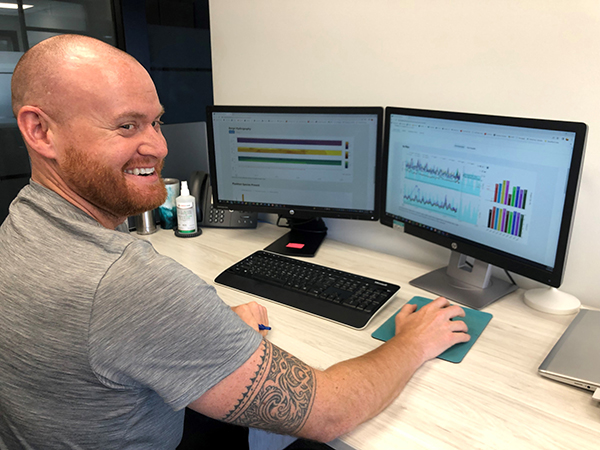
Cermaq Canada, a leading global salmon farming company, has integrated SeaState – the world’s first ocean intelligence platform for aquaculture – into 26 salmon farming sites in Canada.
Cermaq Canada is the first company to “unlock the full power” of these new forecasting tools, which were developed by Scoot Science, the forerunner in ocean analytics. The company is also the first to activate the Scoot Integrated Welfare Index (SIWI) and to engage Scoot Science in bespoke analysis projects that helped refine the company’s standard operating procedures.
“We’ve needed an innovative system that not only connects our variety of data streams but also makes our data useful,” said Dr. Kathleen Frisch from Cermaq. “Scoot Science’s work is giving us a new level of understanding of how the ocean conditions affect our salmon and our operations in the context of the local environment and our interactions with it.”
SeaState is hardware and system agnostic, integrating disparate data sources into a single unified platform. The platform’s flexible framework enables fish farms to adopt emerging sensor technologies and integrate those new solutions with systems that have been on-site for years. Scoot Science said that the fully unified dataset is “the backbone of forecasting and analytics” that give fish farms actionable intelligence for streamlining operational decision-making and saving fish.
“SeaState has the power to change the way ocean-based salmon farming operates,” said Dr. Jonathan LaRiviere, co-founder and CEO of Scoot Science. “Our tools increase survivability, profitability and sustainability of salmon farms anywhere in the world. We’re collaborating with Cermaq to expand our ocean intelligence toolset to their specific needs.”
Real-time temperature, salinity and oxygen levels are integrated with publicly available data to produce forecasts with regional and site-specific ocean conditions. The multi-day forecasts of ocean conditions are updated four times per day to give farmers the warnings they need to improve fish welfare, increase survivability, and operate more sustainably and profitably.
In addition to SeaState ocean forecasts, Cermaq is utilizing SIWI, a first-of-its-kind index that quantifies the cumulative impact of both human and environmental induced stressors on the welfare of the fish. This added layer of insight helps farms take action and plan mitigation for both real-time and forecasted threats.
“Now our team can easily anticipate and act quickly if a threat is approaching, integrate new innovative hardware solutions with our existing infrastructure, mitigate impacts and maximize the full value of our ocean monitoring efforts,” said Frisch.
Follow the Advocate on Twitter @GSA_Advocate
Now that you've reached the end of the article ...
… please consider supporting GSA’s mission to advance responsible seafood practices through education, advocacy and third-party assurances. The Advocate aims to document the evolution of responsible seafood practices and share the expansive knowledge of our vast network of contributors.
By becoming a Global Seafood Alliance member, you’re ensuring that all of the pre-competitive work we do through member benefits, resources and events can continue. Individual membership costs just $50 a year.
Not a GSA member? Join us.
Author
Tagged With
Related Posts
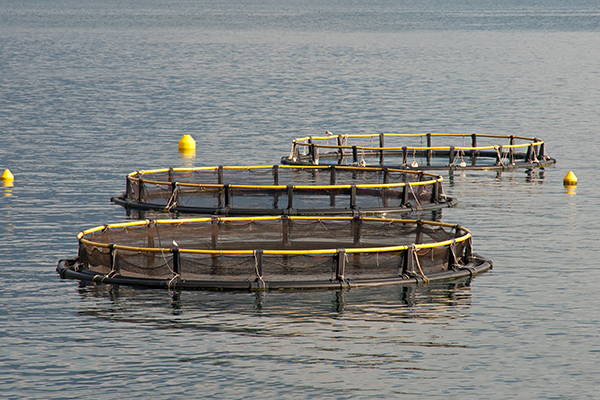
Responsibility
Cermaq Canada and Ahousaht Nation renew five-year salmon farming protocol
Cermaq Canada and Ahousaht First Nation have renewed a five-year protocol to guide salmon farming practices on the west coast of Vancouver Island, British Columbia.
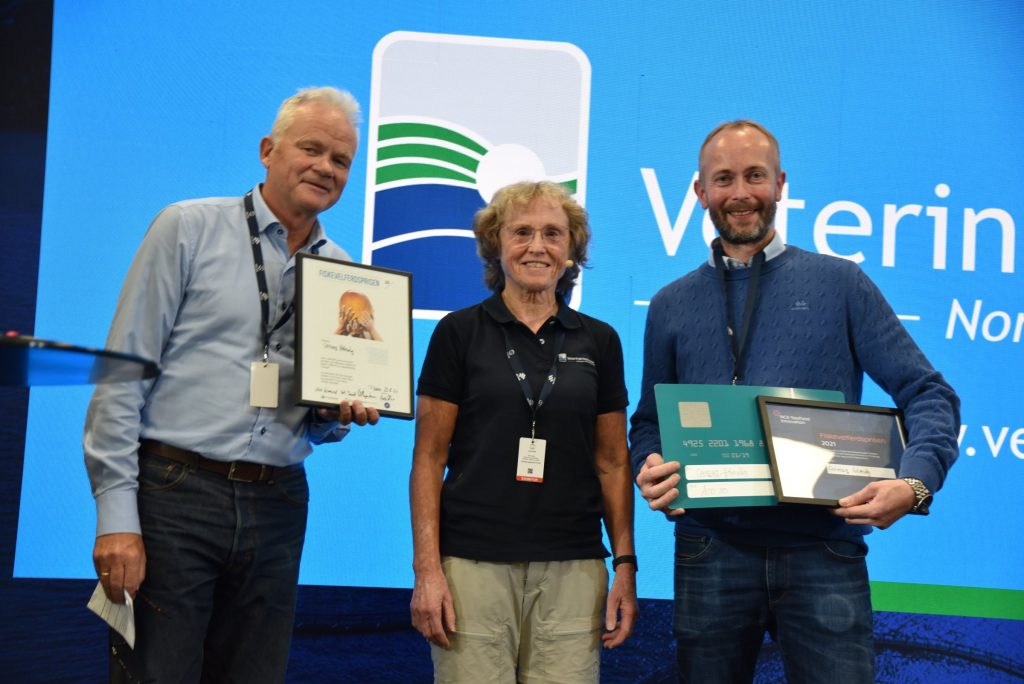
Health & Welfare
Cermaq wins fish welfare award
At the Aqua Nor conference in Norway, Cermaq received the Fish Welfare Prize, recognizing its efforts to improve the quality and survival of its juvenile salmon.
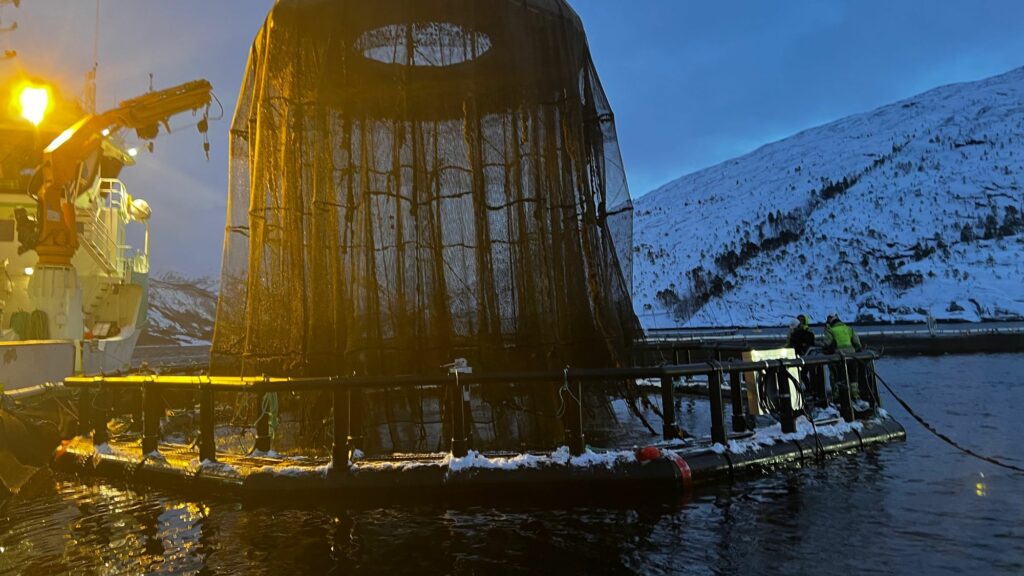
Health & Welfare
Early results from Cermaq’s iFarm sees sea lice levels reduced by 50 percent
Harvest results suggest ‘high quality’ of farmed salmon in iFarm net pens, with sea lice levels reduced by 50 percent, according to Cermaq.
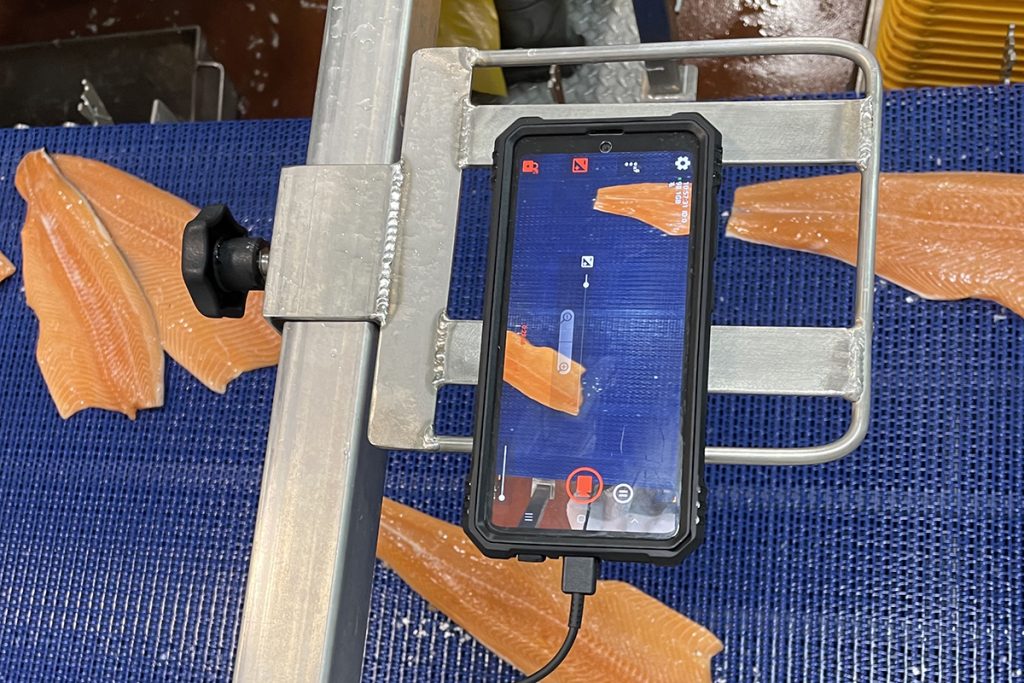
Fisheries
Make seafood production and processing more responsive and responsible? Sounds like a job for AI
Environmental reporting and quality control are two additional areas in which artificial intelligence can boost seafood producers' performance.



